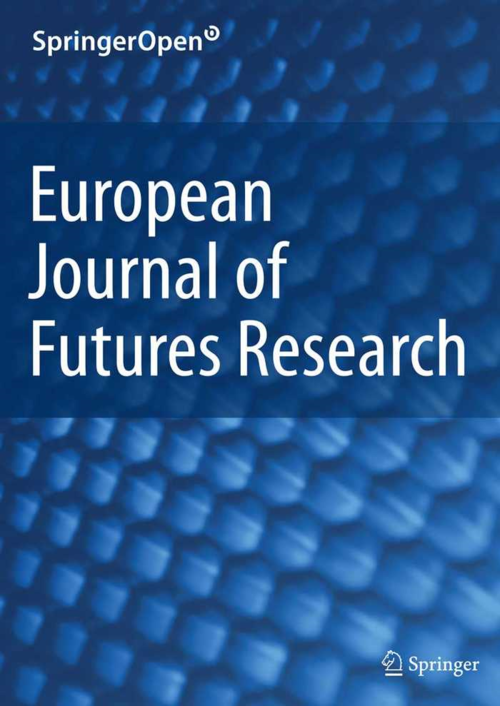Simulationsmodell zur Diffusion von E-Mobilität
Wer wird zukünftig E-Fahrzeuge nutzen? Welchen Einfluss hat das soziale Umfeld auf unsere Verkehrsmittelwahl? Welche politische Maßnahmen sind geeignet um E-Mobilität effektiv zu fördern? In einem am Institut Futur entwickelten agentenbasierten Modell wurden diese Fragen untersucht. In einer Vorabversion kann der zur Begutachtung eingereichte Artikel Changing minds about electric cars: An empirically grounded agent-based modeling approach nachgelesen werden.
News vom 28.05.2014
Abstract
The diffusion of electric vehicles (EVs) is considered an effective policy strategy to meet greenhouse gas reduction targets. For large-scale adoption, however, demand-side oriented policy measures are required, based on consumers transport needs, values and social norms. We introduce an empirically grounded, spatially explicit, agent-based model, InnoMIND (Innovation diffusion driven by changing MINDs), to simulate the effects of policy inter-ventions and social influence on consumers transport mode choices. The agents in this model represent individual consumers. They are calibrated based on empirically derived attributes and characteristics of survey respondents. We model agent decision-making with artificial neural networks that account for the role of emotions in information processing. We present simulations of 4 scenarios for the diffusion of EVs in the city of Berlin, Germany (3 policy scenarios and 1 base case). The results illustrate the varying effectiveness of measures in different market segments and the need for appropriate policies tailored to the heterogeneous needs of travelers. Moreover, the simulations suggest that introducing an exclusive zone for EVs in the city would accelerate the early-phase diffusion of EVs more effectively than financial incentives only.
Link



